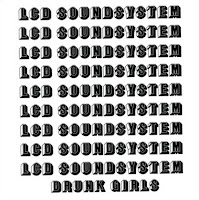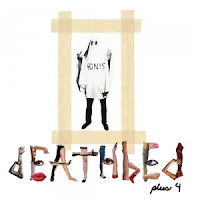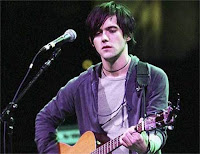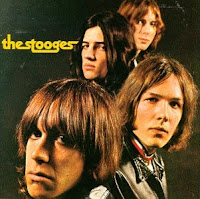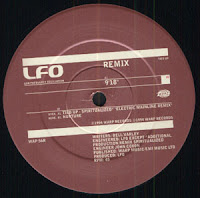
Pulp's Jarvis Cocker has produced an album for The National Trust, the UK charity responsible for the ongoing ownership and upkeep of a number of properties, areas of conservation land and sites of significant historical importance.
The album consists of 'environmental sounds' recorded at NT properties and sequenced together into a single, seamless atmospheric work. With the exception of a few – clocks at Bickling Hall, a strap press at Patterson's Spade Mill, an old music box at Lanhydrock – there are few opportunities to directly tie the sounds recorded to the locations and properties specified, even if you were a frequent visitor there. Instead you just need to trust that they are genuine recordings, not sounds lifted off the albums of sound FX and environmental atmospheres the BBC and others used to release in more antediluvian times.
Whilst it's a very serene, very English album, with the exception of 'Quarry Bank Mill - Murmurs Of Children In School House', you'd be mistaken for thinking that all NT properties are always so quiet and serene – clearly the atmospheres would have been very different if they'd recorded the clamour that can be frequently heard in NT cafés or gift shops. You'd be very lucky indeed to be able to experience some of these locations without the near complete intrusion of people.
Personally, I found the collection cloying rather than calming; perhaps this is the danger of listening to this on a busy commuter train into London. I found the almost industrial sounding clamour of the strap press (whatever that is; part of me doesn't want to know) generally more appealing, reminding me of an organic Neubauten.
As for Cocker's involvement, that's debatable. Apparently he selected the sounds. I would never, ever go so far as to say that it was, by attaching a well known personality to this project, a cynical ploy to drive people from outside the NT's core demographic to their website. Or have I just done that? Cynicism aside, I'm a National Trust member and am supportive of pretty much anything they do to protect significant aspects of the British national heritage.
Download the album and listen to individual atmospheres
here.





